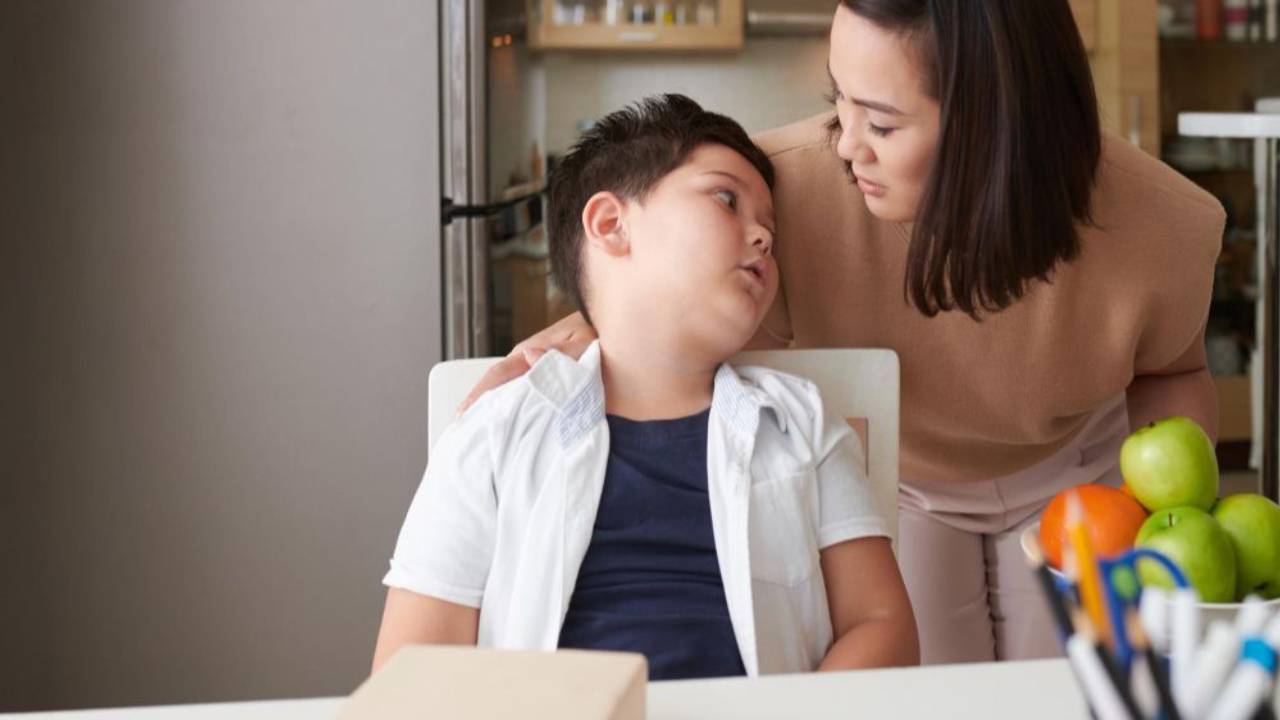How “I Can’t” and “I Don’t Know” Stop Kids from Learning and What to Say Instead
Oct 04, 2025
How often do you hear your little one saying “I can’t” when you ask them to do something on their own? Maybe it’s putting on their shoes, tying a knot, or starting homework. For older kids, it might sound like “This is too hard” or “I don’t know how to do this.”
The problem is that when kids (and adults!) think “I can’t” or “I don’t know”, their brain stops trying because they’ve already told themselves they can’t do it.
Why “I Don’t Know” Shuts the Brain Down
Our brains are extremely literal. They don’t understand sarcasm, and they take what we tell them at face value. So when your child says “I don’t know”, their brain doesn’t even attempt to look for an answer.
Think about the last time you misplaced your phone or keys. You may have walked around repeating “I don’t know where it is” over and over, only to find it sitting in plain sight once you gave up looking. That’s your brain filtering it out... because it believed your words.
I see this over and over again with my own kids. I remember being on the phone with my son when he misplaced a tiny computer screw. On the phone with me, he said, “I can’t find it. I don’t know what happened to it.” I gently reminded him that since he hadn’t gone anywhere, it had to be nearby, and I encouraged him to tell himself, “I know I can find it.” Within moments, he said, “Got it!”
How “I Can’t” Makes Things Harder
This shows up in different ways as kids grow:
- Preschoolers and early elementary kids often say “I can’t” when learning everyday skills like zipping their coat, pouring cereal, or tying shoes. The second those words leave their mouth, their brain stops trying.
- Older kids face it with schoolwork. “I don’t know how to do this problem.” “I can’t write this essay.” Their brain hits a wall instead of looking for the next step.
- Teens sometimes set themselves up before they’ve even started. My young adult daughter is taking a particularly hard course this semester. She kept saying how difficult she expected it to be, because that’s what she’d heard from others. But when she found a mistake in the homework that the teacher had made, I gently reminded her that maybe it wouldn’t be as hard for her as she thought. She paused, and admitted she could work on shifting her mindset.
Helping Kids Overcome “I Don’t Know”
So what can we do when kids get stuck in “I don’t know” or “I can’t”?
Instead of rushing in with answers, try asking questions that nudge their brain back into problem-solving mode. For example:
- “Ok, but what if you did know?”
- “If you had to guess, what’s one thing you could try?”
- “What’s just one possible idea?”
- “Where could you start?”
- “Who could help you figure this out?”
Questions like these flip a switch. Because our brains are wired to answer questions, they re-engage problem-solving.
Why This Matters
When kids learn to shift from “I can’t” or “I don’t know” to “I’ll try” or “What’s one step I can take?” - they build resilience, confidence, and independence. These are skills they’ll use whether they’re learning to tie their shoes, tackling long division, or facing their first tough college class.
There’s a world of possibilities out there. The key is teaching our kids (and reminding ourselves!) how to use their brains to support them, instead of shutting down.
👉 For more ideas on raising problem-solvers, check out this article.
✨ And if you want to better understand the brain/behavior connection and learn proven parenting strategies based on how your child’s brain is developing, join us in the Confident Parenting Club! Click here to learn more.
Join the Confident Parenting Community.
Receive the latest tips and tools from the Confident Parenting Toolbox to support your kids
(and yourself!) with today's challenges so your whole family can thrive.
We hate SPAM. We will never sell your information, for any reason.

